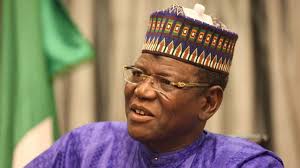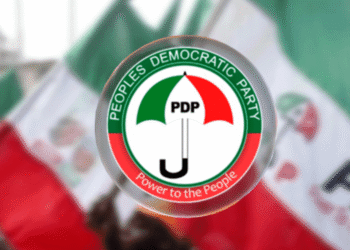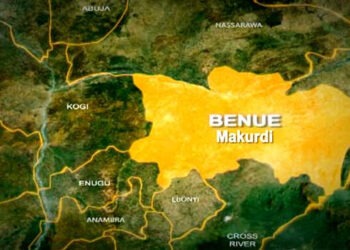Sule Lamido, a former Jigawa State governor, has urged President Bola Tinubu to pay ₦45 billion to the family of the late Moshood Abiola as reparations for the June 12, 1993, presidential election that was cancelled.
He maintained that the payment will provide moral closure to what is still one of Nigeria’s most agonising democratic reversals in addition to serving as a symbol of justice.
Lamido made the call during the public launch of his autobiography, Being True to Myself, in Abuja on Tuesday.
“Before I end my remarks, I would like to appeal to the President, President (Bola) Tinubu, to close the chapter of June 12,” Lamido said.
Referring to a former military ruler, General Ibrahim Babangida’s recent memoir, Lamido stated, “In his book, General Babangida revealed that Abiola won the election. He said that.
“When I went to him, he said that Abiola was being owed ₦45 billion, and therefore, if he were the President, he would pay the money. So, it means Abiola is being doubly punished, denied his own presidency and also his own money.
“Please, tell the President to please let him pay Abiola’s family the money for which he has been suffering, for which he has been denied his own presidency: ₦45 billion. It’s very, very important. When this money is paid, the chapter will be closed,” he added.
Lamido’s appeal came in the wake of revelations from Babangida’s released memoir, ‘A Journey in Service’, in February, which has reignited national debate about the events of 1993.
In the book, Babangida, for the first time, publicly acknowledged that Abiola won the annulled election, widely considered the freest and fairest in Nigeria’s history.
According to Babangida, Abiola of the Social Democratic Party secured 8,128,720 votes against Bashir Tofa of the National Republican Convention (NRC), who polled 5,848,247 votes.
Citing concerns of military takeovers and instability in the country, Babangida said that calling off the election was the hardest choice he had ever had to make. He acknowledged the mistakes of his administration and asserted that his government’s soldiers were responsible for the choice.
He further claimed that he was not given permission for the annulment to be announced.
Reactions to the claims were not uniform across the country.
Critics, notably human rights organisations, contend that Babangida’s biography sought to avoid responsibility, despite President Tinubu and others applauding him for acknowledging Abiola’s win at last.
In 2018, a former president, Muhammadu Buhari, posthumously awarded Abiola the title of Grand Commander of the Federal Republic (GCFR), Nigeria’s highest national honour.
The Buhari administration also declared June 12 as Nigeria’s Democracy Day, in recognition of Abiola’s contribution to the country’s democratic development.



































